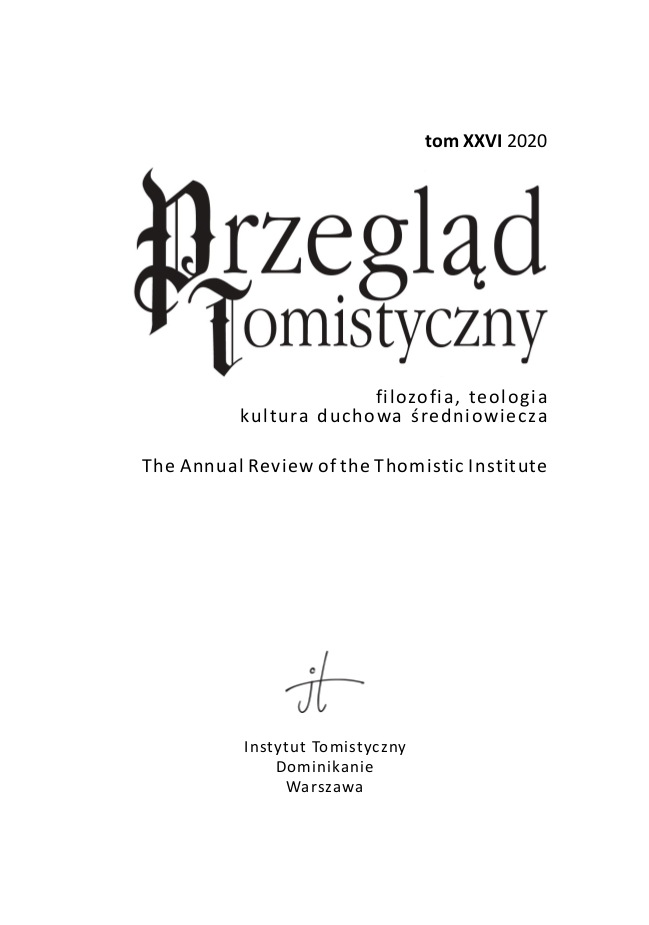DOMINIKA DZIUROSZ-SERAFINOWICZ, Limitations from the Point of View of Beings. An Analysis of Emerich Coreth’s Position

Volume XXVI: 2020
Philosophy — Theology — Spiritual culture of the Middle Ages
ISSN 0860-0015
e-ISSN 2544-1000
SUMMARY
According to Emerich Coreth, an agent discovers herself as limited by the transcendental self-reflection and analysis of questioning. She is not every-thing and not all-at-once. She can find the difference between herself and fundamentally two things: being itself (Sein) and the other beings (Seiende). Additionally, each being consists classically of existence (Sein) and essence (Wesen). Existence is the Principle of Positivity and Actuality. Essence is responsible for the particular shape of beings and therefore it is the Principle of Negativity and Potentiality. Nevertheless, we are not fully and clearly shaped by the essence, that is, we are not static beings which are exactly this and without the possibility of change. We are rather dynamic, becoming beings which are in the process of self-creation and self-development, which consists in actualising our potentialities. From such a viewpoint, it seems that our destiny is to overcome our limitations, since they are a relative negation of pure and absolutely positive being. The way of overcoming limitations is action (Wirken). In this paper, I present the Austrian neothomist’s concept of limitation, in particular that essence is Prinzip der Begrenztheit and Prinzip der Bestimmtheit, and that the structure of action in Coreth’s metaphysics is dialectic since, while we are overcoming our limitations of our essence by self-transcending, we are discovering ourselves in our proper essence. Moreover, I draw on the historical background of Coreth’s thought by means of a short introduction to his transcendental method used to gain the metaphysical horizon. In concreto, Coreth within his analysis of the conditions of the question itself, discovers elements of ontological structure of entities. Thanks to taking into account the perspective of ontology, which was absent in classical transcendentalism, Corethian philosophy tries to solve the Kantian problem of subjectivity by including Aquinas’ metaphysical concepts, which creates an interesting proposal of transcendental Thomism.
